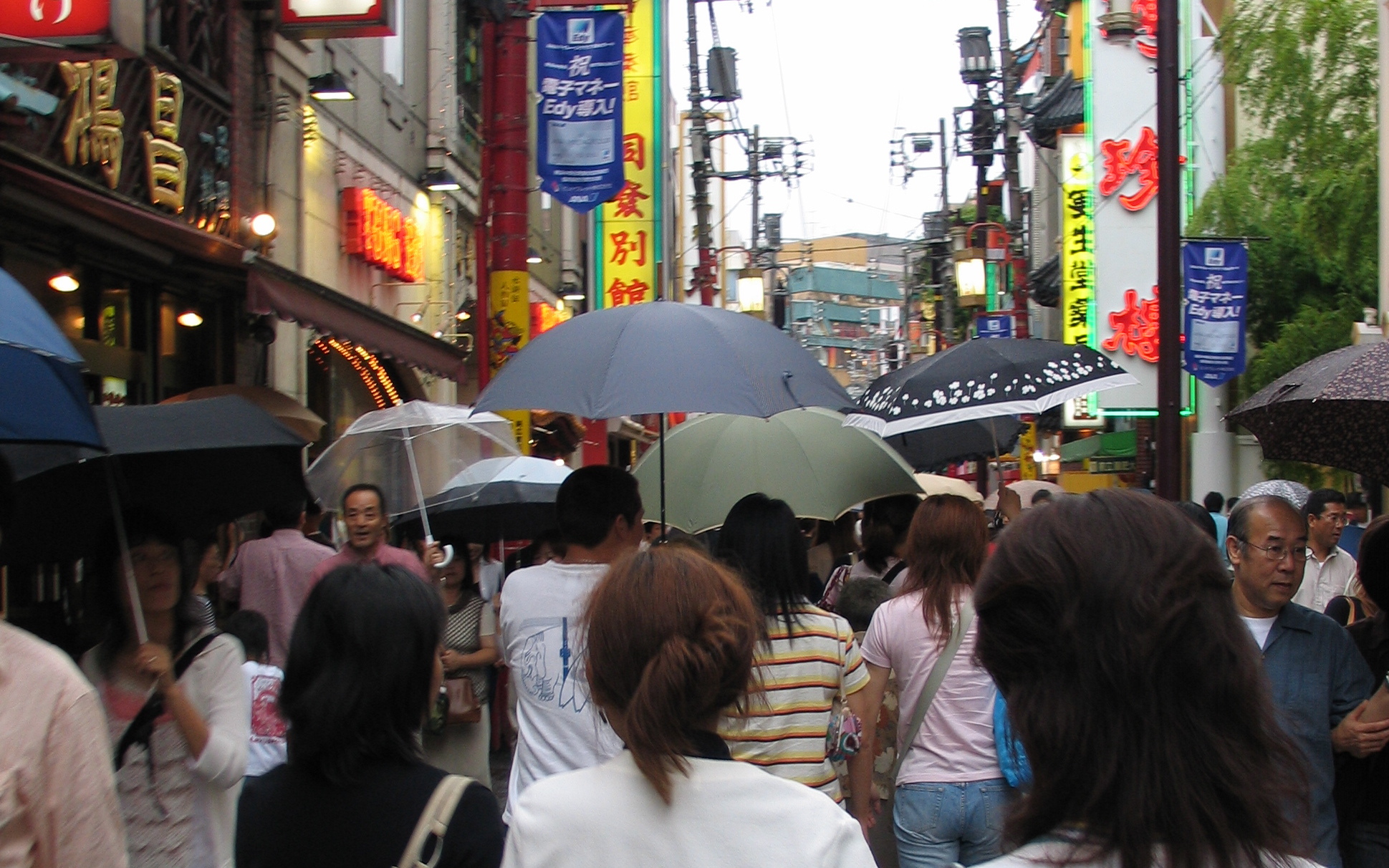
August 10, 2013, by Tony Hong
China and the West – Opposite attracts?
By Hans-Christian Mehrens,
Studying International Relations at the University of Nottingham UK.
Shanghai… Food Market… One song on my mind: “I’m a legal alien. I’m an Englishman in Shanghai!” Indisputably, we as Europeans are as much of an attraction to the local Chinese population as it is the other way round. Everywhere we went, pictures with the people with “blonde hair and blue eyes” were popular and even in clubs our “exotic” look organised free drinks. This is 21st century. Has this attraction always been the case? Aiming to answer this question, this blog will deal with the Chinese perception of the outside world and how this has changed over time.
China’s historical name “Middle Country” reflects its Sino-centred perception of the world, with other countries being no more than tribute paying barbarians. A long list of Chinese inventions starting from gun powder and continuing with paper and the compass led to imagination of an early civilised society of technological progress contrasted to a pre-Enlightenment Europe in a state of war. Already Marco Polo’s travel diaries described Hangzhou as “the most beautiful town of the world” showing the relatively high development of China when the Occident met the Orient for the first time and just explaining the Chinese self-perception of being the most civilised society during that time.
However, in the following centuries of imperialism and colonialism, Marco Polo did not remain the only European interested into China and in the and subsequently the balance of power shifted between China and the West. Military interventions such as the Opium Wars not only ended in Treaties strongly favouring the imperialist powers, but they also started what is known as the “century of shame” in Chinese history in which the country faced occupation from imperialist power, including their arch-enemy Japan. This forced opening and growing influence of Western traditions including religions changed Chinese self-perception from being the centre of the world to being a marionette for other powers. Going along with this humiliation, scepticism against the West emerged which peaked in the Boxer rebellion in 1900 in which thousands of foreigners and mainly missionaries were killed. As a response, the imperialist power overtook the Forbidden City as their headquarter, a step which even more contributed to the humiliation of the Chinese people.
Once colonialism was over, the world was split up into a bipolar power structure during the Cold War, with the United States of America on the one side, competing against the Soviet Union on the other side. In this balance of power which did not allow much space for manoeuvres, China had to choose sides, too. First aligning itself with other communist countries in the world, China took the side of the Soviet Union, effectively splitting up the capitalist part of the world. In the merge of the Cold War, however, China revised its choice and by latest under the regency of Den Xiaoping moved closer to the US. Contrasting the forced opening now nearly 130 years earlier, this time, however, China opened its doors with confidence and useful foreign direct investments came into the country rather than destructive Western goods which had such a negative effect on Chinese society in the century before. China was thus able to start its economic development and at the latest after the end of the Cold War, the growing interdependence in a world of globalising trade patterns allowed China to exploit its human capital and grow its economy as the manufacturing hub of the world. Even though, the Chinese government still today sees China as part of the developing world, the development of China after the Cold War contradicted Francis Fukuyama’s notion of the Cold War as the “end of history”. In the Chinese case, the end of the bipolar power balance allowed them to write an incomparable success story, making them now the second biggest economy in the world, with chances to overtake the US soon.
In conclusion, it has to be awaited if, and when the day will come when the Chinese economic power will also translate itself into the re-rise of a sino-centric world view and which effects this will have for the rest of the world. In the meantime, China will definitely develop a strong position in global, political issues such climate change or human rights and challenge the old transatlantic power axis. From a Western perspective, on the bride side, China rised within the time of international institutions based on democratic and liberal principles, however, some of these principles which are historically taken for granted in the Western world might be under review in the future once China’s political influence increases. Considering Orwell’s notion: “[if] you control the past, you control the future [and] if you control the present, you control the past”, it will be interesting to see how China will write and re-write world history in the future.
No comments yet, fill out a comment to be the first

Leave a Reply